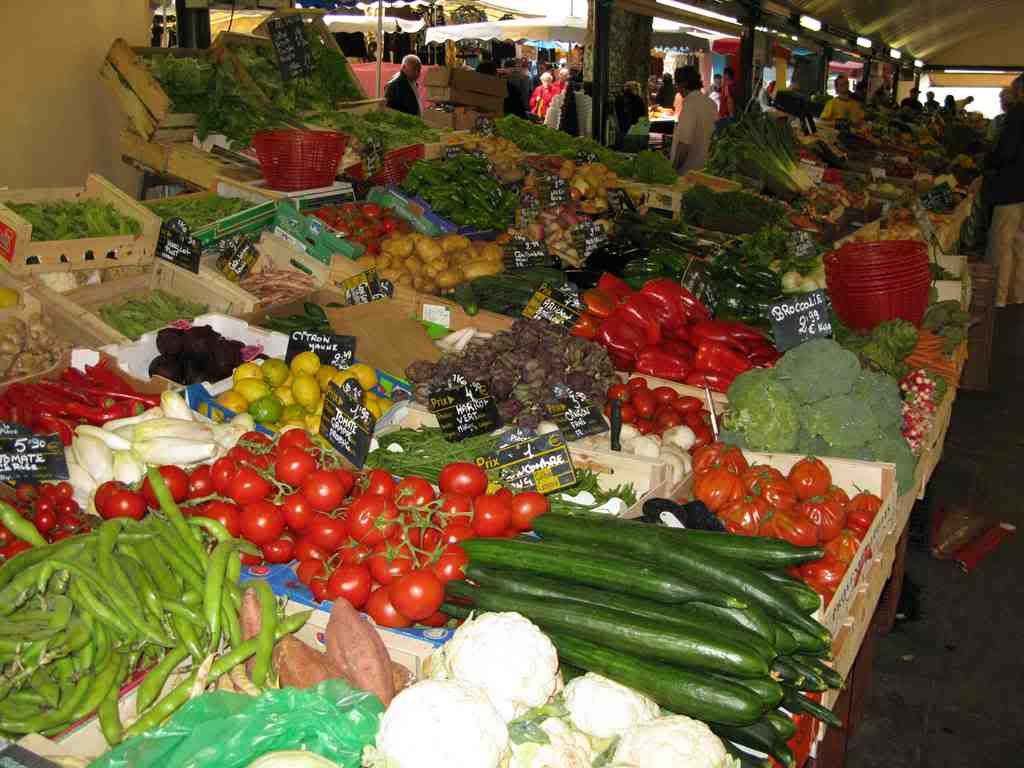We've been reminded recently – in case we had forgotten – that salad greens and sprouts can harbor dangerous bacteria.
Earlier this month, CDC reported an E. coli O145 outbreak linked to shredded romaine lettuce. That outbreak, which has been declared over, affected as many as 33 people in five states.
As I write, CDC is monitoring an outbreak of Salmonella Newport that has been tied to contaminated alfalfa sprouts. The sprout-related outbreak has sickened 28 people in 10 states. That number will likely rise as states work to confirm additional suspect cases. Idaho, alone, is investigating an additional five illnesses that may be part of this outbreak.
In addition to these outbreaks, Fresh Express has recalled several Romaine-based ready-to-eat salads after Salmonella was detected by FDA in a sample of Fresh Express Hearts of Romaine Salad with a use by date of May 15. And organicgirl Produce announced today the recall of limited number of cases of 10 oz organicgirl Baby Spinach with an expired Use-by Date of May 22 and Product Code 11A061167 after a third-party lab, working on behalf of FDA, found Salmonella in a sample of the Baby Spinach.
The problem of contaminated sprouts and salad greens is not limited to North America. Europe has had its share of problems, too. For example, lettuce imported from France was the likely source of a Danish Norovirus outbreak in January of this year.
As consumers rely more and more on pre-washed, pre-packaged, ready-to-eat salads, the number of outbreaks of food-borne disease caused by contaminated lettuce, spinach and sprouts increases in lockstep.
There is a cheap and easy way to minimize the risk of getting sick from eating a salad. Relying on organic products is not the answer. Irradiating our salad greens is not the answer.
The answer is simple. Buy unwashed, unpackaged lettuce, spinach, carrots, tomatoes, and other salad fixings and wash them yourself.
And omit the raw sprouts.
If you would like to receive automatic email alerts for all new articles posted on eFoodAlert, please click here or submit your request using the sidebar link. Please include "subscribe eFoodAlert" in the subject line.






Does washing produce yourself actually get rid of salmonella or other bacteria if it's present? During the tomato outbreak, I thought the FDA was saying that it wouldn't.
ReplyDeleteIs there something about the production process for pre-washed, bagged vegetables that makes them more prone to bacterial contamination?
Thanks for the info!
@Anonymous: Washing produce will get rid of surface dirt. It will reduce, but not eliminate, bacteria, especially if the bacteria have found their way inside the plant tissue. The problem with pre-washed bagged vegetables is this:
ReplyDelete1. The vegetables are cut or torn into smaller pieces (often in the field while being harvested), which increases the surface area and damaged surfaces on which the bacteria grow.
2. The bacteria that are present can be spread in the wash water - even if the water is chlorinated. It's similar to the way in which chilling water spreads Salmonella over an entire production batch of raw chicken, even though the number of contaminated carcasses is fairly low to start with.
3. The moisture in the packages further encourages the growth of bacteria.
Thanks--very interesting!
ReplyDeleteWould you consider things like washed/bagged baby carrots and sugar snap peas to be somewhat risky (as well as salad greens), then?
@Anonymous. If you are cooking the sugar snap peas, there should be no problem. I'd hesitate to eat them raw. I would think twice about the bagged baby carrots, unless you are cooking them. Same reasoning as the leafy greens. I have to admit (see my red face) that I eat the bagged baby carrots (raw) from time to time.
ReplyDeletePhyllis
Good to know. Again, thanks!
ReplyDelete